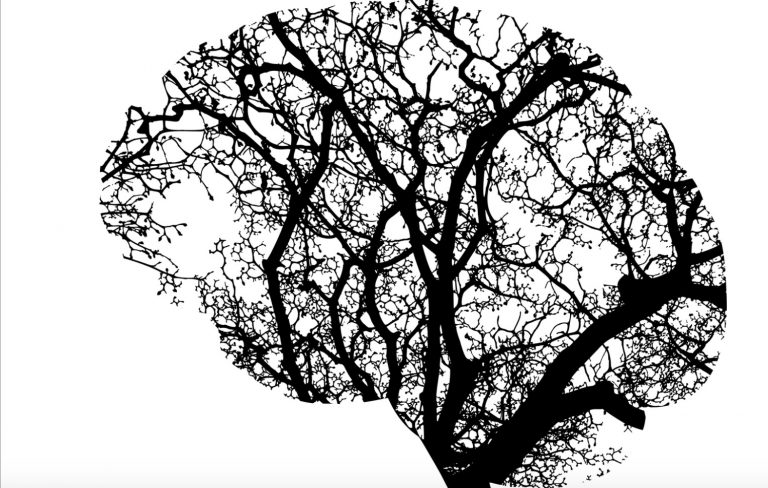In an era where digital technology permeates every aspect of our lives, the impact on mental health is profound and multifaceted. With its rapid pace and constant connectivity, the digital age has brought unique challenges to our mental well-being. Yet, it also offers innovative solutions that were unthinkable in previous generations. This article delves into the complex relationship between mental health and the digital world, uncovering the hurdles we face and the groundbreaking ways we can address them.
The Double-Edged Sword of Digital Connectivity
The digital revolution has transformed how we communicate, work, and seek entertainment. However, this constant digital engagement has its drawbacks. The pressure to be constantly ‘on,’ the bombardment of information, and the often unrealistic standards set by social media can lead to increased anxiety, stress, and a sense of inadequacy.
When faced with a mental health emergency, the same digital tools that contribute to stress can become lifelines, providing immediate access to support and resources that can help manage acute psychological crises.
The Paradox of Online Communities
Ironically, the very platforms that sometimes exacerbate mental health issues can also provide unprecedented support. Online communities offer a haven for those who feel isolated or misunderstood. Forums and social media groups allow individuals to connect with peers facing similar challenges, fostering a sense of belonging and understanding.
In these environments, people can exchange coping strategies, offer mutual encouragement, and share resources that might otherwise be inaccessible. This peer-to-peer support is invaluable, particularly for those who may not have a strong support network in their offline lives.
In these digital spaces, a notable trend is the exploration of alternative mental health therapies, such as the practice of microdose magic mushrooms. Advocates suggest that, when used in controlled, small doses, these substances can help alleviate symptoms of depression, anxiety, and PTSD, attracting attention among those seeking unconventional approaches to mental wellness.
The candid conversations about such practices in online forums also highlight a broader societal shift towards more holistic and inclusive approaches to mental health care. By facilitating discussions that are both informed and non-judgmental, these online communities play a critical role in de-stigmatizing mental health issues and promoting a more open-minded attitude towards various treatment options.
Digital Therapeutics and e-Mental Health Tools
The digital age has also given rise to a new category of mental health solutions, digital therapeutics. These include:
- Mental Health Apps: From guided meditation to mood tracking, mental health apps offer tools to manage anxiety, depression, and stress. They provide accessibility and privacy not always available in traditional therapy settings.
- Teletherapy Platforms: Teletherapy has democratized access to mental health professionals, enabling people to receive counseling from the comfort of their homes. This has been especially crucial during the COVID-19 pandemic, where face-to-face interactions were limited.
- Virtual Reality (VR) Therapy: VR therapy immerses individuals in virtual environments to treat conditions like PTSD, anxiety, and phobias. VR simulates real-life scenarios and provides a safe space for exposure therapy and skill-building.
- Online Support Groups and Forums: These digital spaces offer a platform for individuals to connect with others experiencing similar mental health challenges. Online support groups and forums provide a sense of community and shared experience, which can be incredibly validating and comforting. They often serve as a first step towards seeking help, offering a non-threatening environment for individuals to discuss their feelings, share experiences, and learn from others’ journeys. These groups can be specialized, focusing on specific conditions, or more general, catering to a broader range of mental health issues. They testify to the power of collective empathy and understanding in the digital realm.
Reflections
Navigating mental health in the digital age is a complex journey. The very tools that can stress our mental health can also be harnessed to offer support and innovative treatments. The digital age provides a broad spectrum of challenges and solutions, from the grassroots level of online communities to the advanced realms of digital therapeutics. We must approach these with an open mind and a critical eye, ensuring that the digital world becomes a support space, not a strain, for our mental well-being. As we continue to evolve within this digital landscape, our adaptability and willingness to embrace both traditional and novel approaches to mental health will be vital to thriving in this interconnected world.


0 Comments